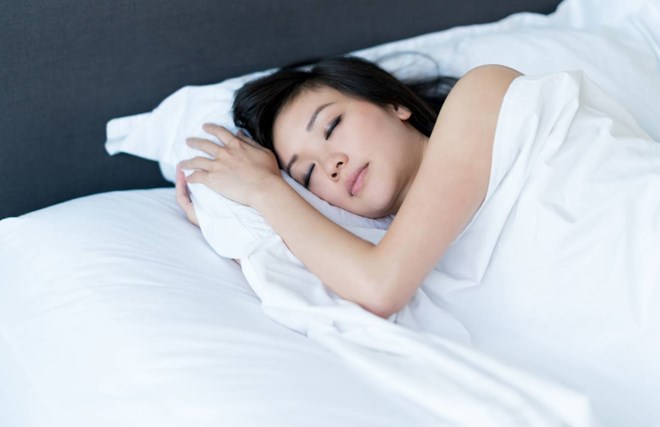
Wednesday October 10, 2018
Jacquelyn LeBel

What’s being billed as the world’s largest sleep study suggests that getting too much sleep might be just as bad as not getting enough of it.
The study, led by Western University in London, Ont., was launched in June 2017 and involved more than 40,000 people from around the world.
According to researchers, the data suggests that consistently sleeping more or less than the recommended seven to eight hours per night can have a major impact on brain functions.
“The key thing here is that that’s on a regular basis,” said Dr. Conor Wild, the study’s lead author and a research associate at the university’s Owen Lab.
“So if you’re sleeping 11 hours every single day over a month, that could have an effect on your brain much like sleeping too little every day for a month.”
Western’s Brain and Mind Institute collected data from more than 40,000 people around the world for the study, with participants filling out an extensive questionnaire before moving on to a series of online cognitive tests.
“These are tests we’ve used for decades to understand specific functions in the brain and we’ve adapted them to turn them into little games to play on your iPad, phone, or your PC and that gave us information about how their brains were functioning.”
Speaking on London Live on 980 CFPL, Wild added that researchers were most surprised at the number of people reporting less sleep than recommended. Roughly half of the 40,000 participants reported typically sleeping less than 6.3 hours per night.
“A lot of people were sleeping four hours a night on average, and that had an effect of being 10 years older in terms of their performance on some of these tests.”
The research found that reasoning and verbal abilities were most strongly impacted by too much or too little sleep, while short-term memory performance was relatively unaffected.
Wild noted that there’s no one-size-fits-all approach to sleep.
“However, on average, across all the people we were looking at, this seems to be the trend,” he explained.
“One of the things we really want to dig in a bit more with this data and some more studies is really kind of examining this individual variability and how much does this result hold for individuals or are there some things that, maybe if you do this a lot or it’s part of your occupation, maybe it doesn’t have an effect. There are still some lingering questions.”